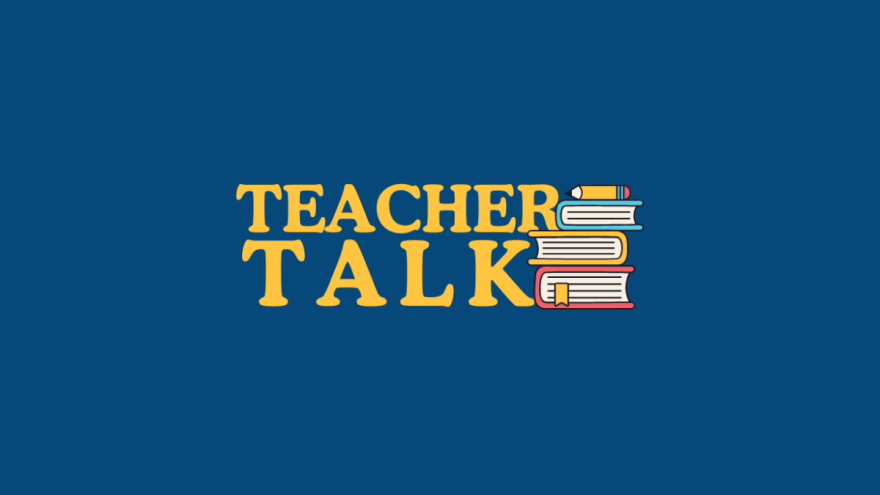The South Dakota legislative session ended on March 25, 2024, concluding the peak season of state and local political discussions. During every legislative session, I experience uncertainty about my role as an educator inside of a political system. On one hand, I think it is incredibly important to be engaged and informed about the policies and laws that our legislators debate and enact. I believe it is valuable for us to teach students about the role of the government, the need for public servants, the values of democracy, and the importance of civic engagement and voting. As a former debate teacher, I love encouraging young people to find their voice, to research current issues, and to form their own opinions. On the other hand, I am overly conscious about what I am saying and how I am saying it, for fear of being labeled “political.”
It turns out that I am not alone. According to a RAND Corporation survey and a joint survey from the RAND Corporation and the Center on Reinventing Public Education, two-thirds of educators limit their class discussions of social and political issues, and superintendents cited political issues as a top source of job-related stress. Locally, South Dakota News Watch reported on teachers’ increased stress due to politics and culture wars, citing it as part of the reason for the current teacher shortage.
When everything from bathrooms to books feels politically charged, it may seem safest for educators to turn away from politics altogether. However, Jennifer Cheatham, a senior lecturer at the Harvard Graduate School of Education and founder of the Collaborative on Political Leadership in the Superintendency, says that teachers and school leaders need to increase their skills in navigating the political landscape rather than avoiding the conversations.
For one, politics directly impacts education. School board members are elected officials. Mayors, governors, and the President of the United States appoint educational leaders to local library boards, the state departments of education and higher education board of regents, and as the Secretary of Education. Legislatures pass laws on curriculum, content standards, school funding, library books, participation in student athletics, and school bathrooms. Politics are inextricably linked to the daily operations of our school systems. We cannot pretend otherwise.
And because we cannot separate ourselves as educators from the political structures of which we are part, we can instead embrace it. I’m not advocating that educators become “political,” but rather that we know and can explain the political landscape in which we are teaching and living. Who is on your school board? Are you registered to vote? What education legislation was passed this season and how does it impact your role as a teacher or administrator? Most importantly - did you know that you can run for office? “South Dakota Codified Law 13-43-15.1. Right of employee to run for office. No employee of a public school shall lose his job or status on the job for becoming a candidate for any public office if it does not entail neglect of duty.”
The views and opinions expressed on Teacher Talk are those of the authors and do not necessarily reflect the official policy or position of the University of South Dakota.


